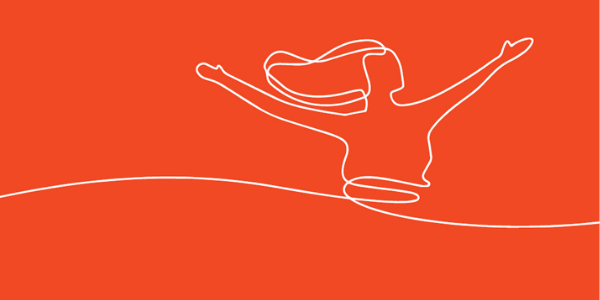By Yashvi, 15yrs
I am very much interested in a law career and so when my school said I had to arrange a work placement, I did some research into London law firms and businesses. That’s how I found out about Equality Now, an international human rights organisation that uses the law to protect and promote justice for women and girls. As a 15-year-old feminist I was really motivated to secure a placement as I thought it would be a brilliant opportunity to see fellow feminists in action!
I get extremely frustrated at news stories about female victims that have had to endure so much more than what a man would have just because of their gender. One example is the story of Cyntoia Brown, who is serving a life sentence for the 2004 murder of a man in Nashville, USA. After a childhood scarred by men who abused her and forced her to take drugs, Cyntoia was repeatedly raped and prostituted by a pimp when she was just 16-years-old. One day, a 43-year-old child predator took her home and tried to rape her. Cyntoia says that fearing for her life, she shot him in self-defence. Despite her youth and the terrible, exploitative nature of her situation, she was tried by the American justice system as an adult and sentenced to life in prison.
It is miscarriages of justice like this that make me want to be there to support and protect girls and women from the unfair system that they face.
Equality Now looks at how laws affect women and girls, and works with grassroots organisations, survivors of injustice, and governments to bring about positive change. Equal treatment under the law is at the core of their mission because the law directly impacts on people’s lives.
The fact that you could make suggestions to change the law and it happens drew me to volunteer at Equality Now to learn what it is actually like to work at a human rights organisation.
Obviously at the start I was nervous since I didn’t know anyone or what I would be doing but luckily everyone there was so helpful. My placement has been an amazing experience, not only because the staff were lovely and generous but also because I was given opportunities to develop my skills (having free coffee and snacks were definitely a highlight too!).
I talked to four human rights lawyers who each gave me an insight into what happens on an international level with regards to human rights campaigning, and what they do at Equality Now to bring about positive change.
I created a database to organise information that consisted of donors and partners of Equality Now, drafted emails to supporters, and did research about campaigns.
A key highlight I will never forget was attending the unveiling of the Millicent Fawcett statue outside The House of Commons. This was a pivotal moment in history as she is the first woman to be honoured on Parliament Square, joining eleven men, and hers was the first statue to be made by a female sculptor, Gillian Wearing.
I even got to see the Prime Minister, Theresa May, who said that: “I would not be here today as prime minister, no female MPs would have taken their seats in parliament, none of us would have the rights and protections we now enjoy, were it not for Dame Millicent Garrett Fawcett.”
I have definitely learnt many things about what you can do with regards to law and how to work as an administrator successfully. The main insight that I will take away from this placement is that some women and girls don’t have voices to retaliate against the injustices they face. They need others to raise awareness about their plights and fight on their behalf.
I will show my peers how they can support Equality Now’s work by taking part in campaigns and I’ll definitely be looking to explore my career choices in human rights as this experience has enlightened me to a completely different approach towards activism, and how the law can be used as tool to help women and girls around the world.
